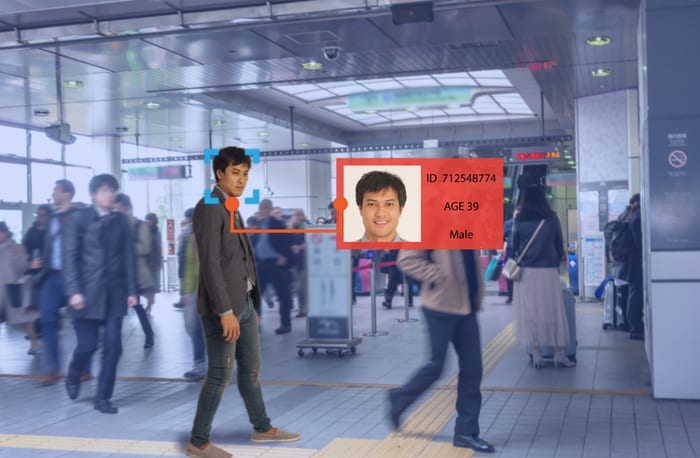Homeland Security Reverses Decision To Use Facial Scans For US Travelers

The Department of Homeland Security (DHS) has reversed its plans for mandatory facial recognition scans of Americans arriving and departing the country, TechCrunch reported on Thursday (Dec. 5).
The DHS said in a government filing by Customs and Border Protection (CBP) that it wanted to “amend the regulations to provide that all travelers, including U.S. citizens, may be required to be photographed upon entry and/or departure.”
A CBP spokesperson told TechCrunch that it “initially considered” mandating facial recognition for U.S. citizens at airports and entry ports “because having separate processes … creates logistical and operational challenges that impact security, wait times and the traveler experience.”
The agency reversed its decision and now has “no current plans to require U.S. citizens to provide photographs upon entry and exit” from the country. The planned regulatory action will be removed from the unified agenda.
“Upon consultation with Congress and privacy experts, however, CBP determined that the best course of action is to continue to allow U.S. citizens to voluntarily participate in the biometric entry-exit program,” the spokesperson noted.
CBP’s John Wagner said the agency met with privacy experts on Wednesday (Dec. 4) and is “committed to keeping the public informed about our use of facial comparison technology.”
The American Civil Liberties Union (ACLU) had criticized the policy because of “profound privacy concerns” despite the DHS maintaining that Americans could opt out.
“This proposal should never have been issued, and it is positive that the government is withdrawing it after growing opposition from the public and lawmakers,” said Jay Stanley, a senior policy analyst at the ACLU.
“Homeland Security’s plans to spread face recognition surveillance nationwide remain alarming,” said Stanley. “The government cannot be trusted with this surveillance technology, and Congress should put the brakes on its use.”
Facial recognition technology has been used more and more as DHS attempts to catch people who overstay their visas. The department has a deadline of 2021 to provide the 20 largest airports in the U.S. with machines that provide facial recognition scanning technology.